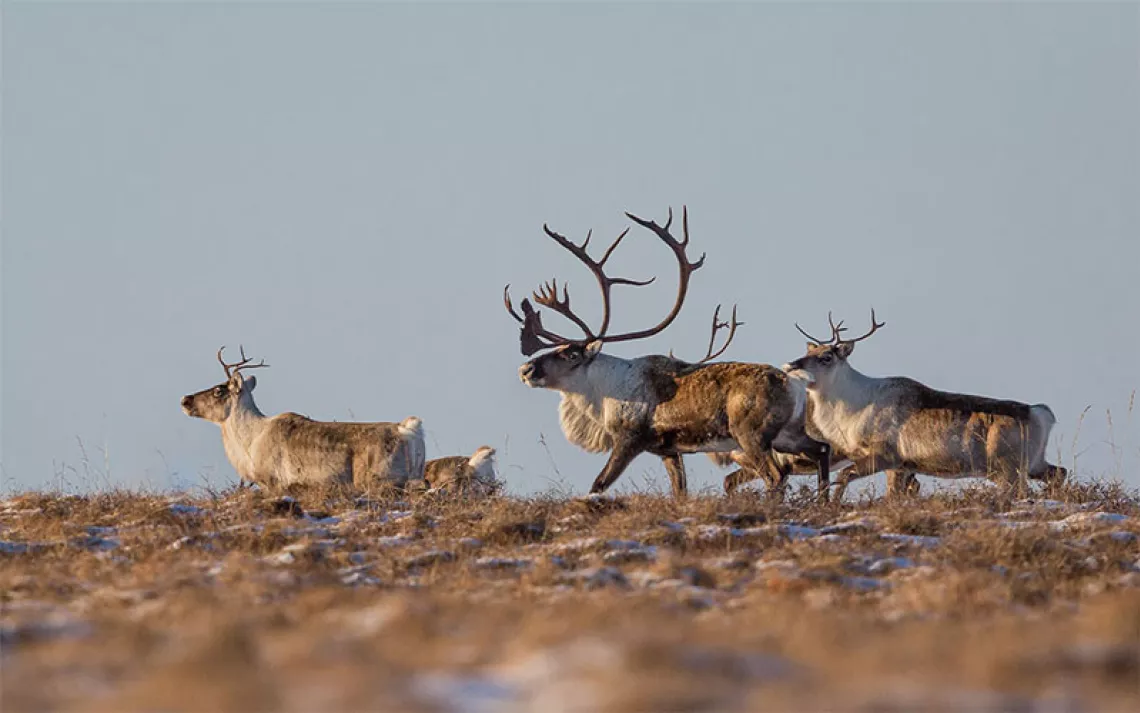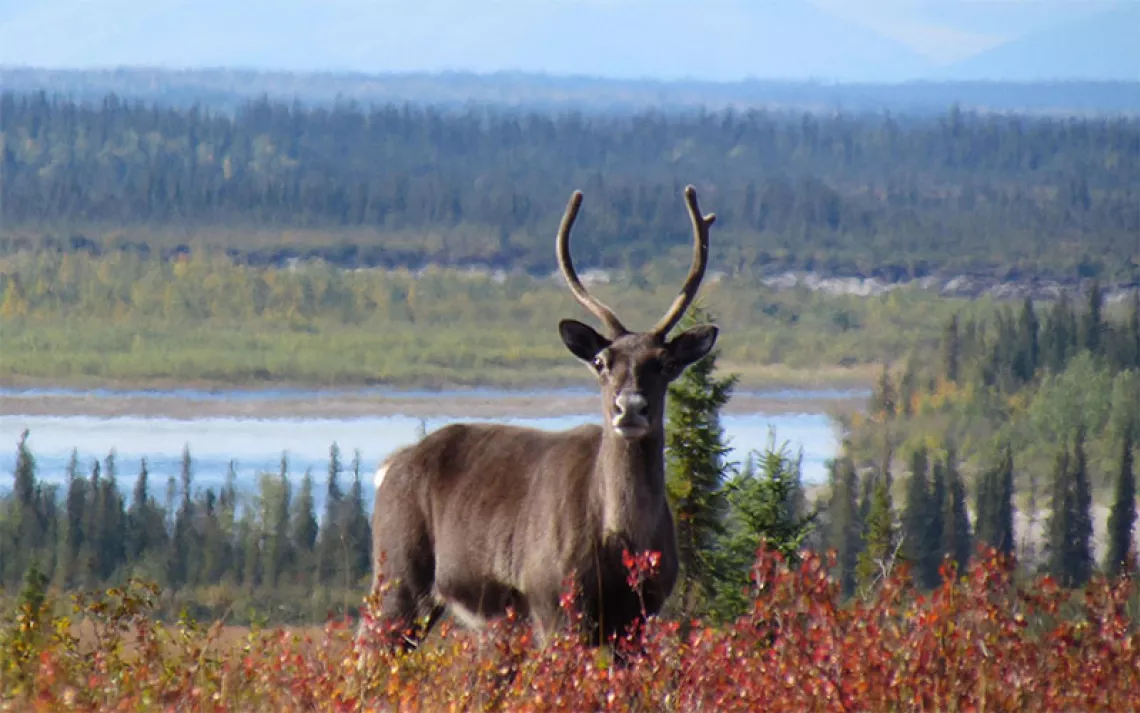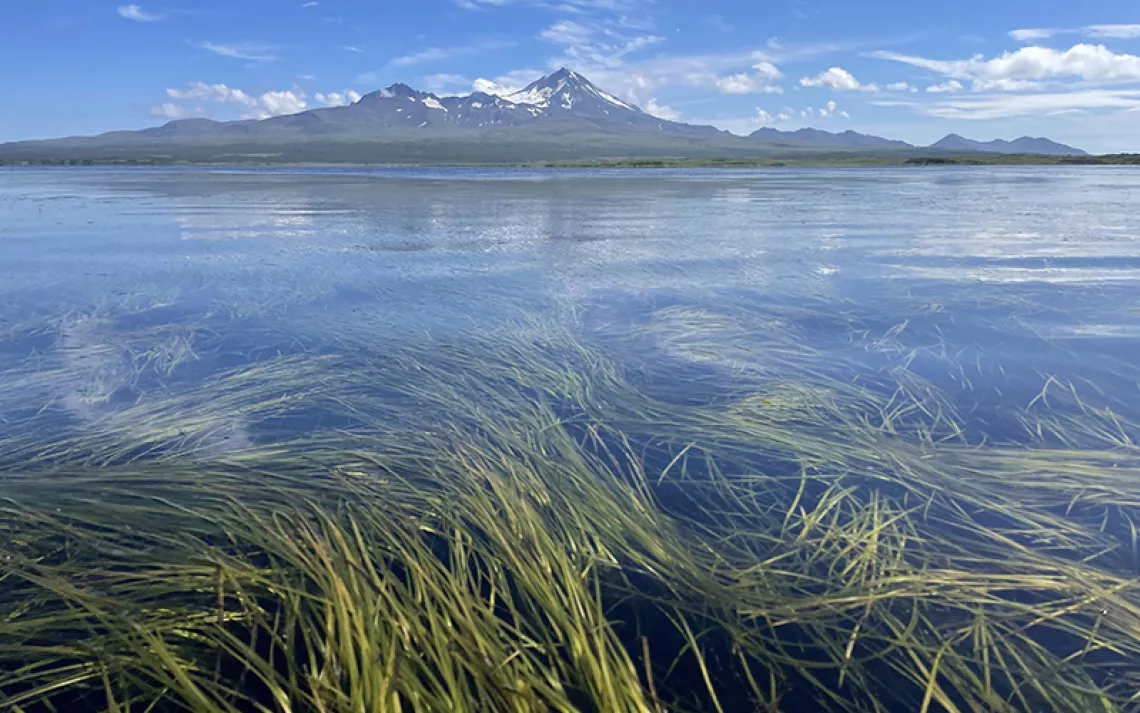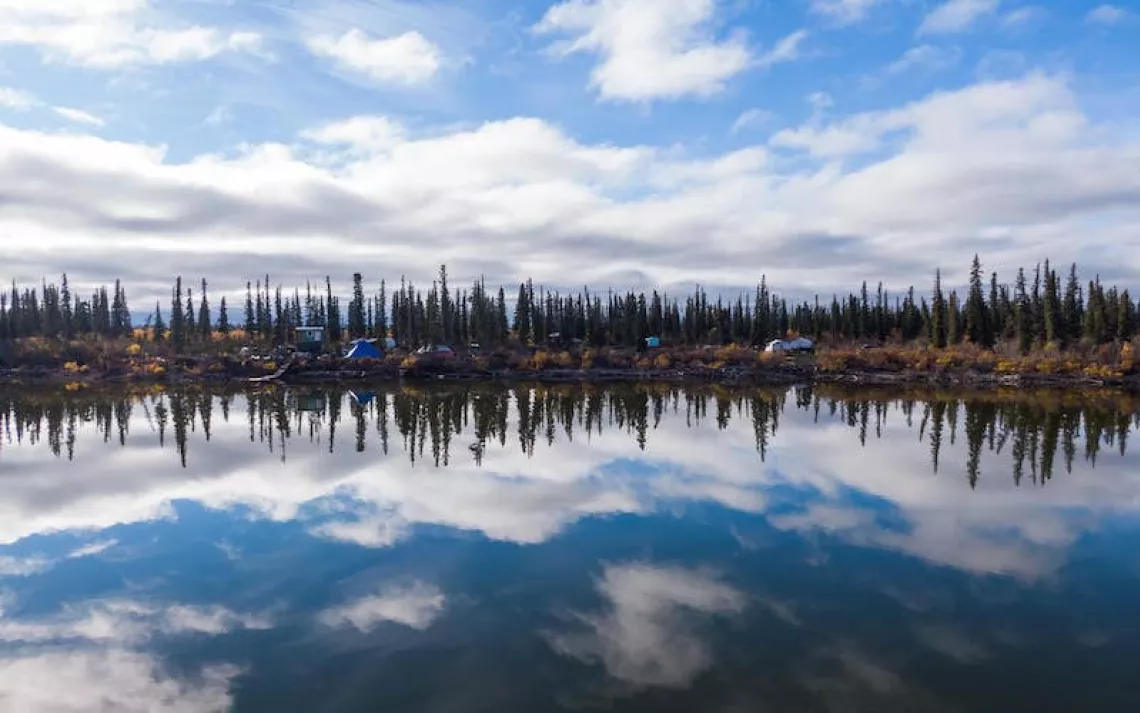Small Victory in the Fight to Save the Chuitna
Alaskans seeking to protect salmon from coal mining get a mixed response from the state
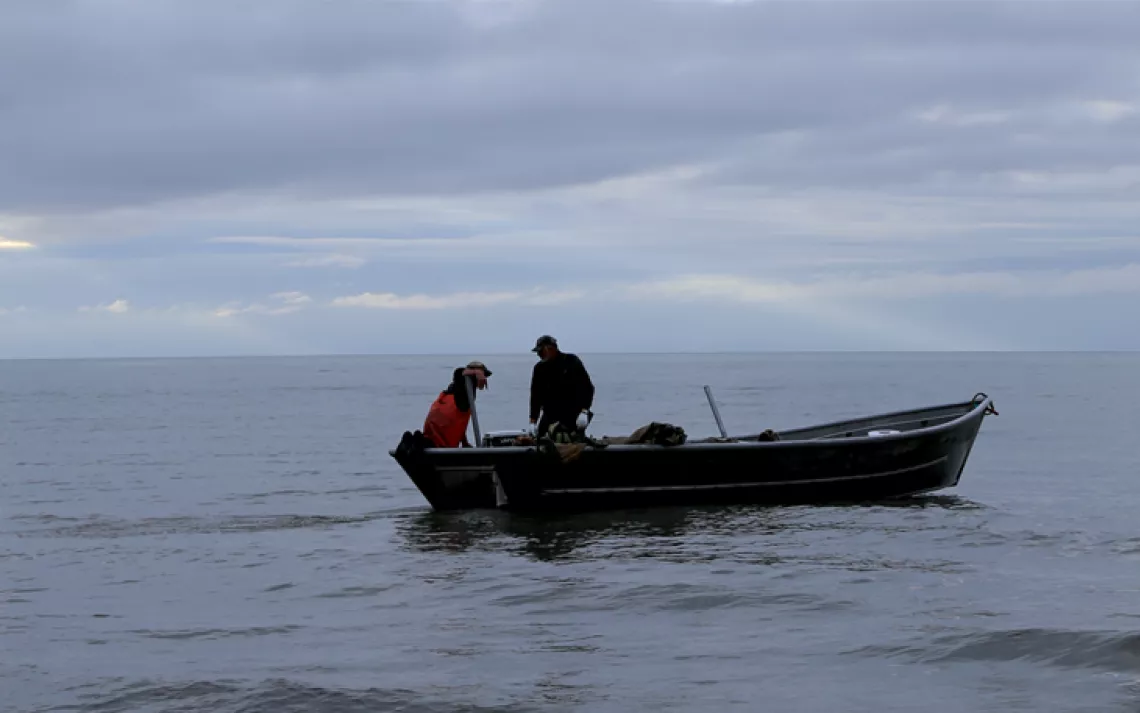
Fishermen rely on salmon that spawn in the Chuitna watershed. | Photo by Jake Abrahamson
The fight against coal in Alaska continues.
In Sierra's November/December issue, I reported on the proposed Chuitna coal mine and export terminal in southcentral Alaska, a project that Delaware-based PacRim Coal has been pursuing in various iterations throughout the last two decades. The mine would destroy a large area of the pristine, salmon-rich wetlands and forests of the Chuitna Watershed, relied on by fish for spawning, moose for calving, and locals for subsistence hunting.
Earlier this month, the Alaska Department of Natural Resources issued mixed decisions on water rights sought by the Chuitna Citizens Coalition, a group that opposes the mine. The CCC had applied to reserve water for salmon in three sections of Middle Creek, a stream that would be "de-watered" by mining, as a way of putting one more barrier between the proposed mine and the pristine wildland that it would destroy. The state granted the CCC's request for the section of the creek that lies downstream of the proposed mining area, but denied rights for the two sections that flow through it.
The implications of the decision are complex. If PacRim is eventually given approval to dig the Chuitna mine, the water reservation would put more pressure on the company to minimize the impact of mining on waters downstream of the mining area. But instream use reservations only guarantee that a certain amount of water will remain in the stream, while making no requirements for the quality of that water. Theoretically, an upstream coal mine could still render the waters in Middle Creek unsuitable for salmon spawning, said Laura Comer, an organizer for the Sierra Club who works with the CCC.
"It protects a certain amount of water in streams for salmon, but it doesn’t say the salmon can still thrive there."
At the same time, the fact that one of the three applications was granted is a kind of breakthrough for Alaskan citizens. "It's exciting because never before has the state issued a water reservation to a private citizens group. It recognizes that Alaskans have a right to keep water in streams for salmon," said Comer.
The CCC initially applied for these rights six years ago. It took a lawsuit and thousands of dollars in legal fees for the group to squeeze a response out of the state.
Coal is struggling in Alaska, especially as it's pitted against salmon. Thirteen thousand Alaskans submitted public comments in favor of water rights for the CCC. Meanwhile, in September officials announced that the Usibelli Coal Mine—the only active coal mine in Alaska—would halt exports out of its Seward-based loading facility for 2015 because of a drop in global demand.
PacRim Coal still needs a string of approvals at the state and federal levels before any mining can begin in the Chuitna watershed. Comer believes a decision won't come until at least late 2016.
 The Magazine of The Sierra Club
The Magazine of The Sierra Club
